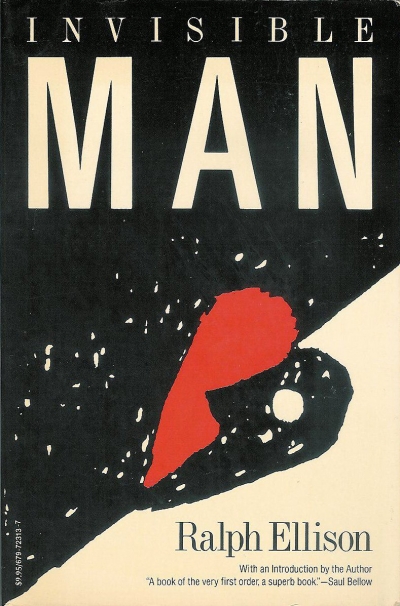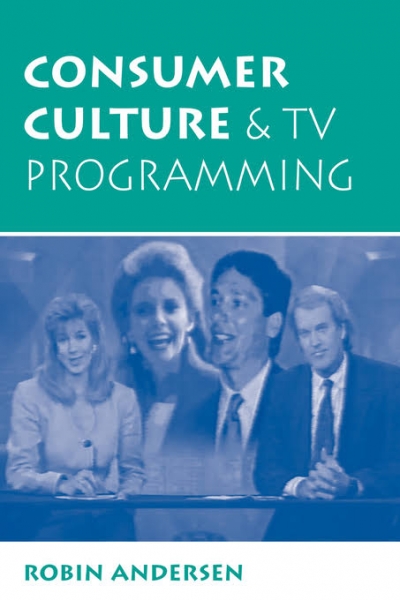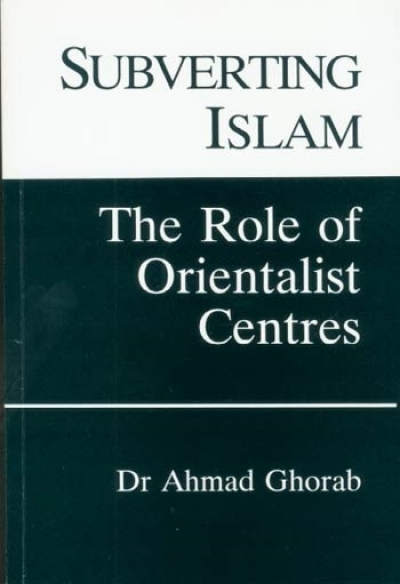



A BRUTAL FRIENDSHIP: THE WEST AND THE ARAB ELITE By Said K Aburish. Published by Victor Gollancz, London, UK. 1997. pp. 414. Hbk: UK20.00.
The collapse of the Soviet Union in 1991 led to much drum-beating in western capitals about the victory of capitalism over communism. Western commentators, intoxicated by their belief in the 'effortless superiority' of the west, made dire predictions about the imminent collapse of the People's Republic of China as well. Where caution should have prevailed, the imagination was allowed to run wild.
'I am an invisible man. No, I am not a spook like those who haunted Edgar Allan Poe; nor am I one of your hollywood-movie ectoplasms. I am a man of substance, of flesh and bone, fiber and liquids - and I might even be said to possess a mind. I am invisible, understand, simply because people refuse to see me. Like the bodiless heads you sometimes see in circus sideshows, it is as though I have been surrounded by mirrors of hard, distorting glass.
The recent ethnic wars and crises that have ravaged the Balkans over the last few years are a reminder of the complexity of a region where past enmities and unsettled grievances, as well as thwarted national aspirations and traumas, retain their powerful presence, often hidden behind the artificial carapace and boundaries of the modern nation-State.
The world's best known and longest-serving political prisoner's 27-year ordeal finally came to an end when shortly before 4 pm on February 11, 1990, Nelson R Mandela, accompanied by his wife Winnie, walked out of the Victor Verster prison in Cape Town. It may have been a few short steps to the prison gate, but it was a giant leap for Mandela and indeed the whole of South Africa.
In 1922, an American farmer and electronics tinkerer by the name of Philo T Farnsworth invented a scanning device that would lead to the development of television. Farnsworth's 'image dissector' solved many of the problems faced by European and American technicians who sought a way to electronically transmit images. Control of Farnsworth's invention would determine the success or failure of all television development.
In the wake of the 1990 Iraqi invasion of Kuwait, the United States and its allies pushed through the UN Security Council a series of resolutions imposing tough sanctions against Iraq. These sanctions, which remain in place today, six years after the eviction of the Iraqi forces from Kuwait, have inflicted tremendous hardship and suffering on the innocent civilian population of Iraq.
Readers of Muslimedia and its sister-paper, Crescent International are familiar with the writings of the late Dr Kalim Siddiqui (right). His articles regularly appeared in these newsmagazines over many years. He first introduced the concept of the 'Global Islamic Movement' which today has become a household word among Islamic activists worldwide. No discussion about the Islamic Movement is complete without reference to Dr Kalim Siddiqui or his thought.
The quest for water to satisfy the burgeoning needs of an ever-increasing number of Jewish settlers in arid Palestine is as old as zionism itself. Theodore Herzl, the founding father of political zionism, recognized the vital importance of water for the success of his colonialist project.
From the outset of his seminal The Road to Mecca, Muhammad Asad sets plainly his purpose. He writes: "The story I am going to tell in this book is not the autobiography of a man conspicuous for his role in public affairs; it is not a narrative of adventure ... it is not even the story of a deliberate search for faith ... My story is simply the story of a European's discovery of Islam and of his integration within the Muslim community ..."
Judging by the subtitle of John Ralston Saul's book, Voltaire's Bastards, one can tell right away that it is the sort of book that can only be written by a disillusioned European, this I mean without casting any aspersion.
Ever since that day in April 1988 when she took part in an Israeli-Palestinian debate on ABC's Nightline show, life has never been the same for Hanan Ashrawi. That experience marked the beginning of the meteoric rise to international prominence of the Palestine Liberation Organization (PLO) activist who was until then a relatively obscure professor of English literature and dean of the Faculty of Arts at Bir Zeit University in the Israeli-occupied West Bank.
Is the new Jewish State in occupied Palestine permanent? Have the Jews 'come to stay' in the Holy Land? What does the Qur'an say about the Jews' second return to Palestine from where they were driven out twice, first by Nebuchadnezzar, the Babylonian king, in 587 BC (they returned about 500 years later) and again by the Roman Emperor Hadrian after quelling the Bar Cochba rebellion in 135 CE? Since then Jews' settlement in Palestine has been restricted and at times they were barred from entering even Jerusalem except for performing religious rites.
The incessant recurrence of international conflict, political rivalry and economic competition in relations among States has led many observers and analysts to conceive of the international system as being intrinsically chaotic and anarchic. According to Tony Porter, however, such a view of the international system is misleading as interstate interactions exhibit 'a surprising degree of regularity and order' (p.1).
Dr Ahmad Ghorab is to be commended for his fine book, Subverting Islam: The Role of Orientalist Centres. His courage and forthright honesty is an inspiration for concerned Muslims in search of the truth. He has succeeded in identifying an important front in the current Euro-American crusade against the Islamic movement: the formation of an anti-Muslim network of institutions and scholars marching under the banner of `Islamic Studies'.
It is bad enough when Americans indulge in jingoism and proclaim the non-existent virtue of their country. It is infinitely worse when non-Americans start drum-beating about it. Perhaps it is then time for some serious reflection.



